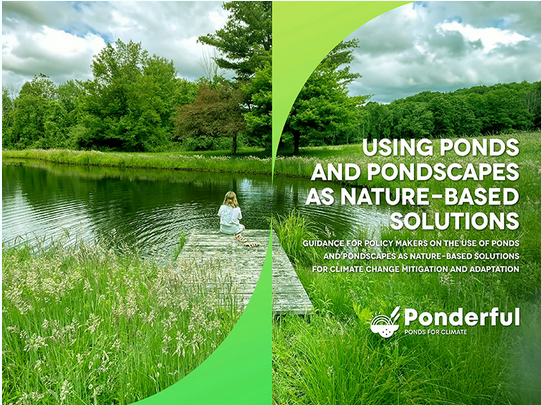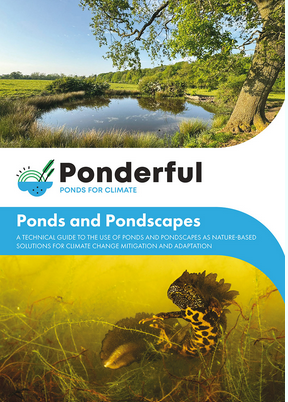Largely neglected and generally undervalued, ponds are actually remarkably important for biodiversity conservation. The EU-funded PONDERFUL project, gathering 18 partners, investigates how ponds can be used as Nature-Based Solutions (NbS) for climate change adaptation.


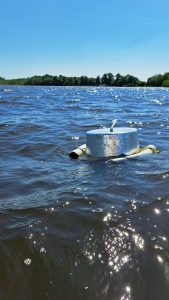
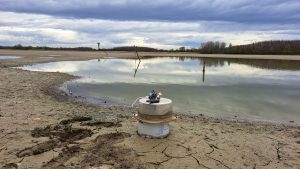
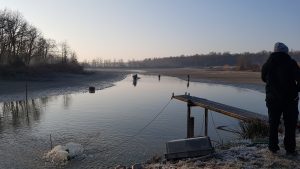
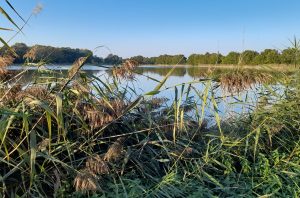
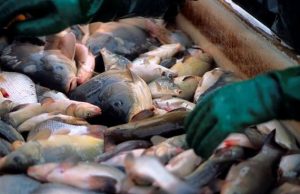
PONDERFUL, in developing and testing management strategies for ponds across Europe, specifically aims to enhance understanding of how these ecosystems, as Nature-Based Solutions, can aid society in mitigating and adapting to climate change while safeguarding biodiversity and providing ecosystem services.
As partner of the project, ISARA investigated the perception and knowledge of local stakeholders on management and functions of ponds and their recognition of the significance of small water bodies in various countries. Moreover, we conduct case studies focusing on fish ponds in two countries, Midden-Limburg in Belgium and Dombes in France, to analyse the effects of fish management practices on ecosystem functioning, biodiversity conservation, fish production and on fish ponds as potential sinks or sources of carbon in a context of climate change.
Our experimental approach
- 16 Demo-Sites were selected in 9 countries (8 EU countries and Uruguay) with crossover experiments in all sites.
- In France: 20 fish ponds were studied in the Dombes region, over a 2-year period. Five dry ponds were also studied regarding greenhouse gases emissions.
Specific role of ISARA in the project:
- Pond stakeholders: Questionnaires and workshops with stakeholders.
- Case study – Fish ponds in France:
- Monitoring of the effect of fish farming practices and climate change on plant communities through floristic surveys.
- Monitoring of the effect of fish farming practices on macro-invertebrates through tea bags method. (Tea bags are placed in the pond, then taken out and analyzed to see how the tea decomposes – a reflection of the biological activity of macro-invertebrates)
- Monitoring of sedimentation (for carbon storage) and the production of greenhouse gases (CO2, CH4 and N2O) in the ponds using floating chambers in order to estimate a carbon balance.
- Physico-chemical measures using various instruments and analysis in laboratory (dissolved oxygen, nitrate, calcium etc.).
The research theme of fish ponds is very important at ISARA since more than 2 decades. The basis of our fish pond research is on the ecology of ponds and their fish production, and concurrently on their effects on biodiversity conservation and climate change adaptation or mitigation.
Key results
The project outcomes are available in a practical advice on the protection, management, restoration and creation of ponds and pondscapes to mitigate and adapt to the impacts of climate change, and tools to design effective plans for ponds and pondscapes.
Project team
Joël Robin, Mathieu Guerin, Jacques-Aristide Perrin, Soraya Rouifed, Vincent Tolon, Alexander Wezel et Léo Girard, Agroecology and Environment research unit.
Partners
18 partners (mostly universities) from 9 European countries, Turkey and Uruguay.

